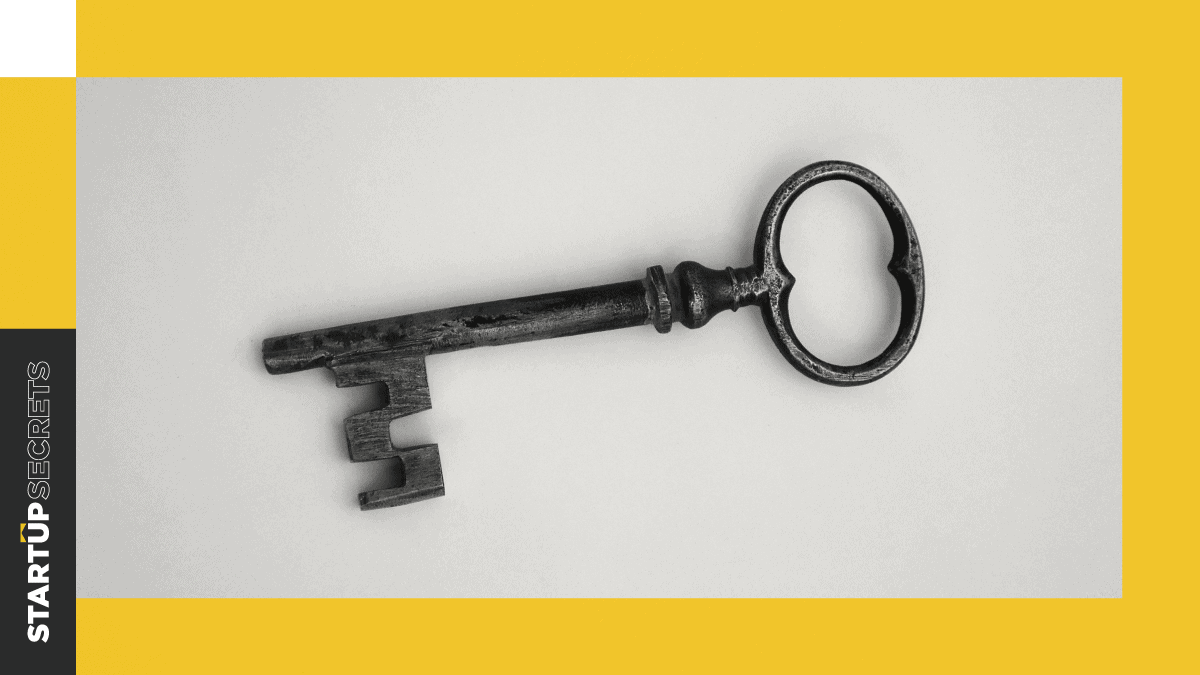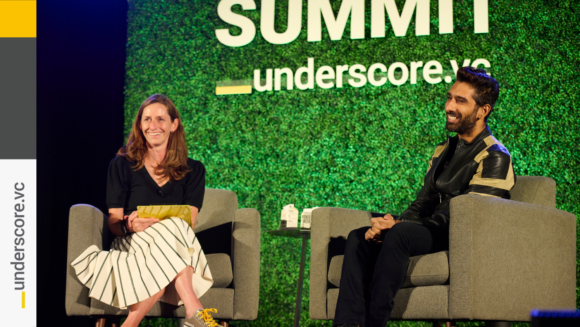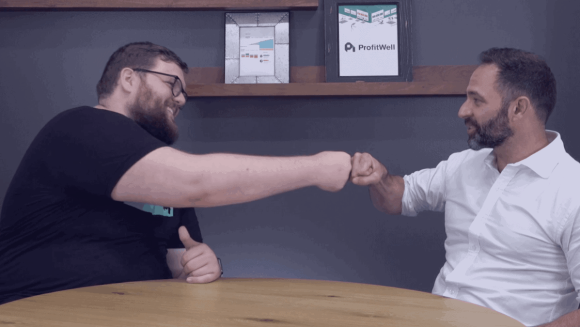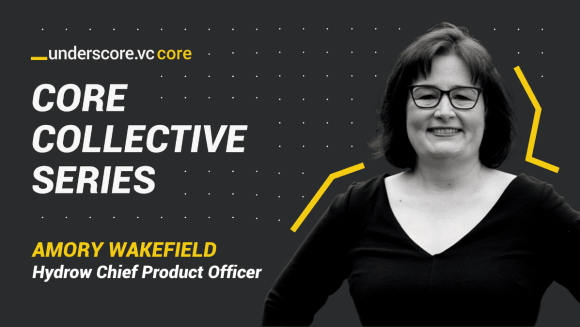You’ve developed a great product, but how do you build a successful company around that product? Regardless of the product innovation, it can take several years to build a company. Markets change! In addition to investing in R&D, you need to prove market acceptance—then repeat and scale through sales and marketing.
In this video, you’ll learn a framework designed to help founders and entrepreneurs with turning products into companies, and includes the best practices for:
- Identifying your Minimum Viable Segment
- Creating SLIPPERY products
- Developing foundations
- Designing to fit
- Architecting to attract
Create SLIPPERY Products
The key to gaining a competitive edge is to create SLIPPERY products—products that stick, get people addicted, and are quickly adopted. These products enable leads to easily transition to customers with minimal cost.
Simple
Simplicity is the key to product adoption and customer understanding. Less is more.
Your advantage is your innovation times your simplicity.
Low to No Initial Cost
This represents the overall goal of decreasing customer acquisition costs by offering products with low to no initial cost, such as via a freemium model. You can monetize your product once it provides value.
Installs Easily
Change can be risky, time-consuming, and costly, so make it extremely easy for customers to try, adopt, and deploy your product.
Provides Value Quickly
Consumers should get instant gratification or rapid payback from using your product.
Plays Well With Others
Products that integrate seamlessly and work well with current people, processes, and systems (i.e. open APIs) allow for easier adoption.
Easy to Use
When products are easy to use and provide a delightful experience, they are more quickly adopted and easily integrated.
ROI is Obvious
You need a quantifiable ROI to win customers. Some obvious ROIs include increasing revenue, driving a competitive advantage, or reducing time, resources, costs, or risk.
You Can’t Live Without It
Your product needs to be sticky—something customers can’t live without.
Case Study: SolidWorks
John McEleney, former CEO of SolidWorks, discusses how the 3D design company became a market leader. He shares how it can be easy to start a company, but it’s hard to build a business–offering an instructive view of the approaches he took that led to his success and the company’s ultimate acquisition by Dassault Systems. Learn about concepts employed by John, such as:
- Events forcing actions
- Perfect is the enemy of good
- The importance of hiring and creating the right culture
- Taking incremental steps and his 1-5-0-3 rule










